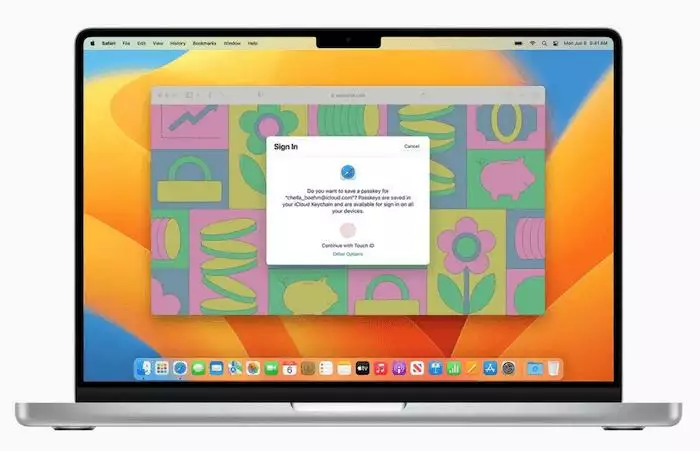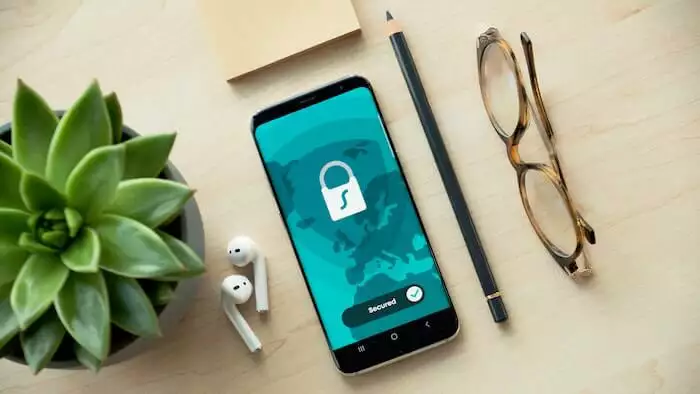Apple has announced a new feature called passkeys, which aims to replace passwords for logging into accounts. Passkeys will debut this fall on iOS 16, macOS Ventura and other Apple 2022 updates.
At the WWDC 2022 keynote on Monday, Apple said its users were spending too much time entering passwords and "not keeping up with the times." The company now offers a solution: passkeys.
How Security Keys Work in iOS
"For users, logging in with a Passkey will work in much the same way as logging in with iCloud Keychain and Face ID or Touch ID," Apple said in a statement. "You simply choose a credential, authenticate with biometrics, and that's it."
However, whereas iCloud Keychain automatically fills in your username and password in ordinary text fields, a Passkey goes much further: the system generates a unique key that can only be accessed with user authentication via Face ID or Touch ID. This prevents malicious websites from trying to steal your passwords, since Passkeys are stored securely in the iCloud Keychain and are not visible to the user.
Of course, passkeys are automatically synchronized with your Apple devices, but what about other platforms?
Since access keys are based on the FIDO standard, which is also implemented on Android and Windows, there's a way to connect to a device that isn't yours.
The other device generates a QR code that can be read by your iPhone or iPad. iOS uses Face ID or Touch ID to confirm that it is you who is trying to log in, before confirming or denying the request to the application or the website running on the other device. And when it's an iOS device or a Mac that isn't yours, access keys can be shared via AirDrop.
A future without passwords
Passkey's announcement isn't just a brilliant new feature for Apple users. Rather, it's a harbinger of things to come. We're heading for a password-free future - and Apple devices will be among the first to get a taste of it.
Last May, Apple joined forces with Google and Microsoft to extend support for passwordless authentication systems on their various platforms. Usually rivals, the three companies have committed to supporting the FIDO consortium's new standards on mobiles, desktops and browsers over the next year.
Although we're still in the early days of this transition, there are already signs that this new era has begun. For example, hotels are beginning to offer their guests access via their phones rather than physical cards or keys; banks are allowing customers to log into their accounts simply by scanning fingerprints; and even airports like San Francisco International Airport have begun using facial recognition technology as an alternative form of identification when checking in at airport security checkpoints (instead of using passports).
It's unclear what will happen to passwords when Apple transitions to another platform such as Android, as Apple has not detailed what would happen in this situation.
Apple says the transition to password-free will take some time, but that it will work with developers to create a password-free future.
credit photo @unsplash


